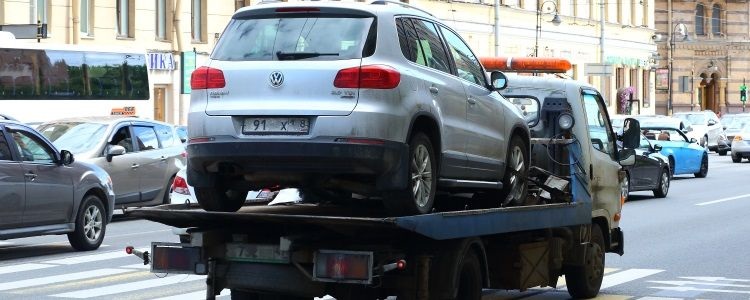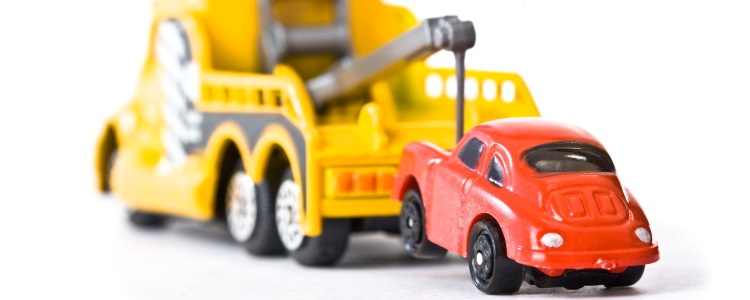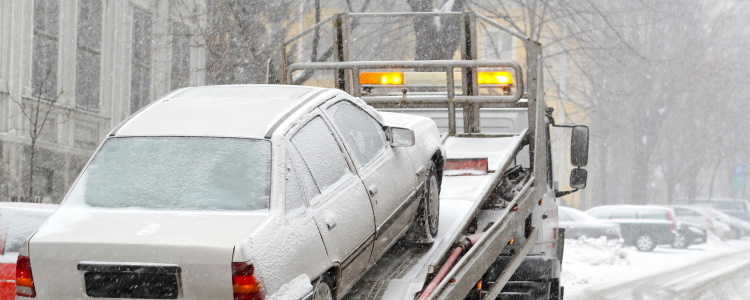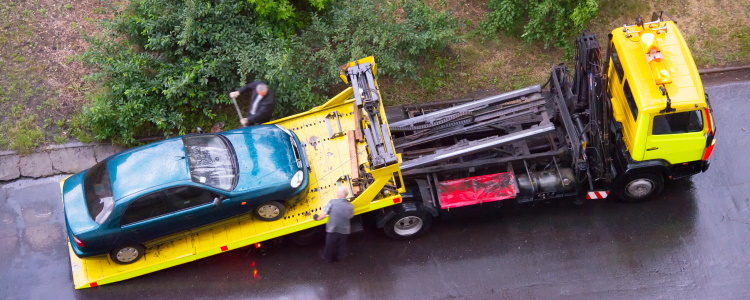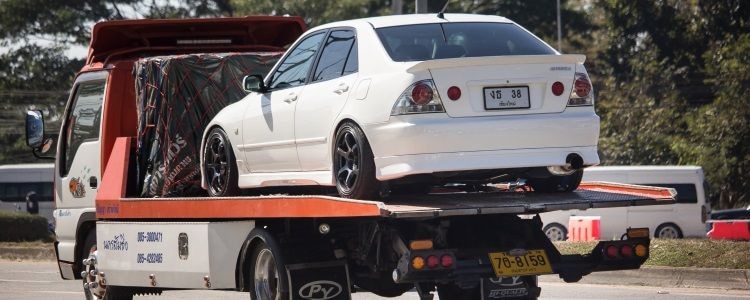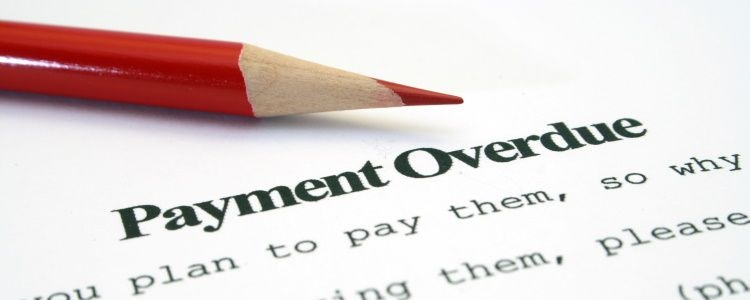Repo. We’ve all heard the term, but do you know what happens if a repossession is issued for you? Customers often write us with concerns about being financed after repossession. For example, this is a comment we recently received:
“My vehicle just got repossessed on Monday. I have had previous vehicle loans before and never had any issues. I am starting new job [soon] that pays $17 hour 40 hours a week and will need a car. I did have a bankruptcy back in 2012 Thanks”
It seems this consumer is facing several obstacles, but he still has options to explore. Here, in this first part of a series, we will outline those options. In our next article, we will pinpoint other things to consider before looking into future auto financing, based on this consumer’s situation.
What a Repossession Means
Repossession will happen when you are late with a payment on a vehicle. After a certain amount of time in default—as outlined in your loan contract—the lender can take back, or repossess, the car, usually with no prior notice. Make no mistake, the bank has every right to do this, the car is their property until you have paid off the loan.
Once the vehicle is taken by the bank, the repossession will be listed on your credit. Typically, this mark against you will remain on your credit report for up to seven years. Repossessions can pose a challenge when you apply for future credit, especially if you are seeking an auto loan.
First Options after Repo
In the comment, the person was writing to us a mere five days after the repo occurred. By this point, the bank should have notified the customer of the right of redemption and/or reinstatement.
Redemption and reinstatement are two methods a customer may use to get the vehicle back. For redemption, a customer pays the entire remaining loan balance. Reinstatement means you get the car back and resume payments, under the terms of the original contract, but only after paying the amount you are behind on the loan and all fees related to the repo. Reinstatements are no offered in all states.
 After a repo, lenders are required to tell you:
After a repo, lenders are required to tell you:
- The amount of the outstanding loan balance, including all fees and charges.
- The deadline to redeem the loan.
- The method by which you can redeem, or payoff, the loan to get the car back.
- The amount necessary to bring your loan current, and the steps to take, if your state allows the right of reinstatement.
Instead of waiting on the lender, if you are interested in redeeming or reinstating your loan, it's in your best interest to get in contact with your lender as soon as possible after the repossession occurs.
When Option One Doesn’t Work
In most cases, if a person has defaulted, they will not likely be able to cover the total cost of their loan necessary for redemption. So, if redemption and/or reinstatement are not options, the vehicle will be sold, almost always at auction.
Nolo.com states the lender is also required to send you written notice if they plan to sell the vehicle, though this notice may be included with the above mentioned notice.
This notice will typically include:
- The date of intended sale, for a private sale.
- The time, date and location of any public auction.
- An explanation of liability if you will owe a deficiency balance.
- Information on obtaining explanation for proceeds applied to your debt.
- Information on obtaining explanation for how your debt was calculated.
- Contact information for you to obtain more information.
Customers are entitled to receive sales notice within 10 days of the sale. Once a vehicle is sold, the creditor will provide you with details about how the sale applied to your debt. The sale will typically cover the expense of the repossession first, then, any remaining money will cover your loan balance.
If the sale does not cover all the items included, there will be a deficiency balance. Any debt not covered will still be your responsibility. In rare cases, a vehicle will sell for more than the customer owes. If this happens, resulting in a surplus, the lender is required to pay it to you.
Once the Dust Settles
Now, you can see exactly what you will be facing, should you find yourself in default on an auto loan. The best way to avoid this situation is to make every payment in full and on time. However, if this becomes impossible, the best course of action to take is to keep your lender informed. By calling them, and explaining your situation, you may be able to set up special payment arrangements. If it is too late to avoid repossession, take the right steps for you to get the situation resolved.
Buying a Car after Repossession
Even if a repo is showing on your credit, it is not the end of the line for your auto financing days. There are lenders willing to work with people in these kinds of credit binds. Here at Auto Credit Express, we can lead the way toward help for your situation.
Our network of dealers has the resources available to help people with difficult credit situations. Take the first step toward your future vehicle by filling out our online auto loan request today.
